It’s often said that, during the Great Depression, Americans flocked to the movie theaters to escape the soul-crushing state of the country for a quarter or less. The same could be said of the fall of 2016, which reputable news sources have called “the worst year ever” and “actually the worst year.” In the past 365 days, “dumpster fire” became the meme of the year and Arrival, Moonlight, Almost Christmas, even Doctor Strange, all fared better than expected.
Good for us, then, that 2016 was a great year for movies. To recap: There were several really decent franchise offerings from those folks over at Disney and Bad Robot, a romantic musical starring Emma Stone and Ryan Gosling, and a comedy starring raunchy meat and produce. Hollywood stepped up its game, even if the industry couldn’t have predicted President-elect Donald Trump when it was greenlighting these projects a few years ago (or did it?).
Like the rest of you, the Pacific Standard staff took full advantage of the manifest offerings. Below, we share our favorites of the bunch. And, though they’re all from 2016, you’ll likely be hearing more about these titles early in the new year: By total coincidence, all have decent shots at racking up some accolades this movie awards season.

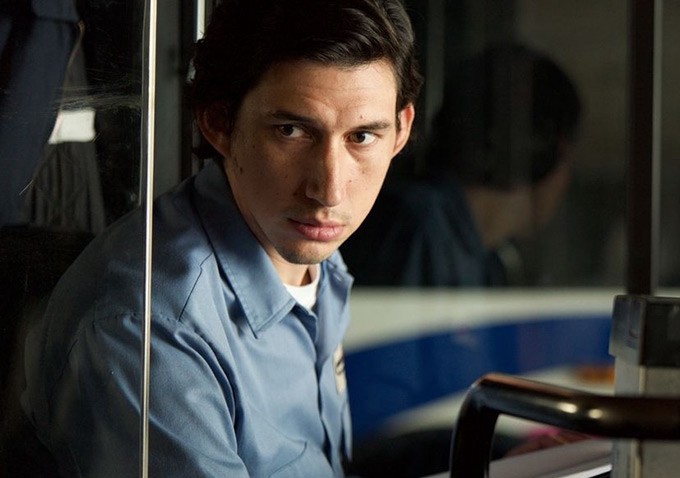
Paterson, directed by Jim Jarmusch
If you recognize Adam Driver’s name, you will likely associate it with archetypally insufferable Millennial characters like Kylo Ren in Star Wars: The Force Awakens and Adam Sackler in Girls. His subdued turn as in this year’s Paterson is a largely successful attempt to play against type—in it, he slips into the role of a legitimately working-class poet who writes verse between shifts, does not own a cell phone, and quietly resists his wife’s encouragement that he promote and publish his work. (That’s not to say some will quibble there are some hipster trademarks — one of the film’s best poems is about matchbox design.)
What’s inarguable is that the film is beautiful. That Paterson lives and works in Paterson, New Jersey, is just one of the many coincidences, recurrences, and repetitions that characterize the film like plain, strange refrains. Jarmusch’s screenplay ritualistically adheres to Paterson’s strict daily routine, while his camera pivots, Greyhound-like, at linear angles. The result is, if not a visual poem, a deeper-than-average homage to people like William Carlos Williams, Agatha Christie, and Wallace Stevens—quiet artists who worked unglamorous day jobs, observed life under the radar, for whom their work was its own pleasure, not a link to post to multiple platforms.
Runners up: Moonlight, Toni Erdmann, The Handmaiden, Graduation, 20th Century Women. —Katie Kilkenny, associate editor
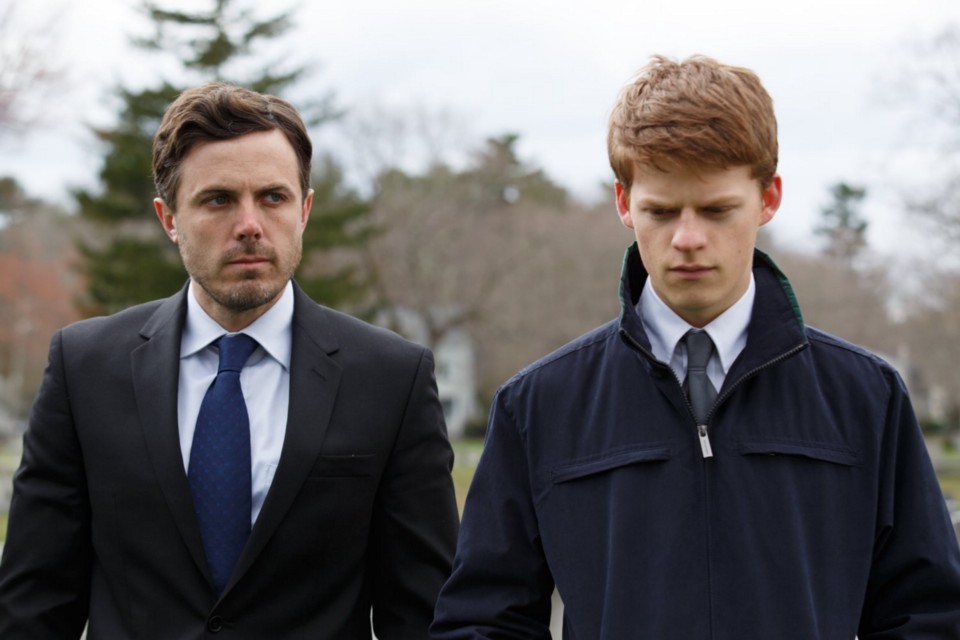
Manchester by the Sea, directed by Kenneth Lonergan
I did not expect to like Manchester by the Sea. Like The Blind Side and Babel, it seemed to scream Oscar-bait. I was wrong; Manchester by the Sea is an incredible movie, for quite a few reasons: There’s Casey Affleck, whose hushed and sullen brood steers the film; there’s the seaside Massachusetts setting, which is at once capable of eliciting amazing beauty and overwhelming sadness; there’s the theme of grief, both acknowledged and repressed, and the underlying question of how to best help the people we care about in times of loss. —Max Ufberg, news editor

Love & Friendship, directed by Whit Stillman
Move over, Elizabeth Bennet—there’s a new queen in Austenland, at least on the big screen. In Whit Stillman’s adaptation of Jane Austen’s Lady Susan, we get the perfect 18th-century female antihero: a cunning, self-centered widow scheming for marriage to avoid destitution. Kate Beckinsale never lowers her haughty chin in the title role, and all the better. Love and Friendship is about a shrewd woman playing the cards she’s dealt, in a society where the quest for financial security demands, well, man-trapping. Stillman’s take on this world is gloriously unsentimental and—as it translates Austen’s eye for human folly—very, very funny. —Elena Gooray, associate editor
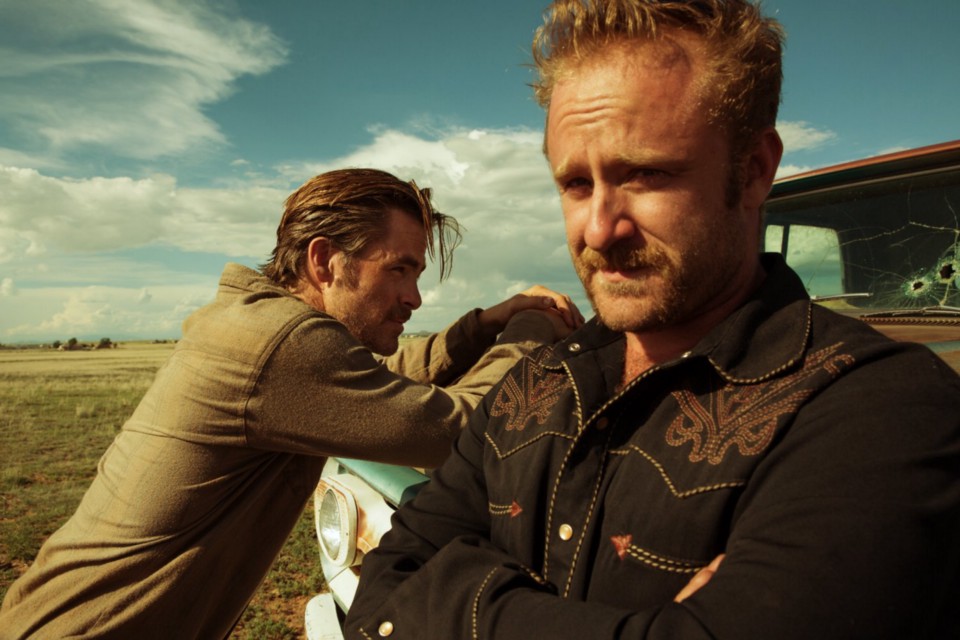
Hell or High Water, directed by David Mackenzie
Anyone still making jokes about how Chris Pine is a blue-eyed nobody should watch this smart western from David Mackenzie—which is also a family tragedy, a political piece about the post-recession American Dream, a heist movie with bravura twists, and probably a redemption story too. Ben Foster, as Pine’s older brother, blew a lot of minds when the film first hit theaters, but it’s Jeff Bridges’ smiling, unregenerate Texas Ranger who will break your heart along with his own. —Ted Scheinman, senior editor
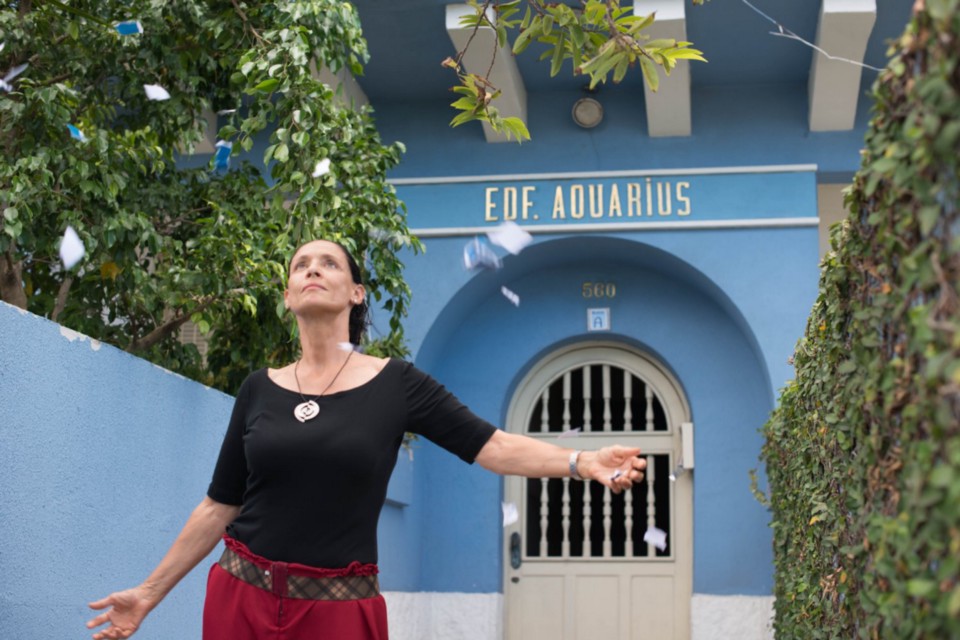
Aquarius, directed by Kleber Mendonça Filho
Aquarius moves slowly and there are no chase scenes and besides a few hot sexual encounters very little happens, which is what made this movie such a refreshing break from the kinds of movies that dominate the screens across the United States. The protagonist is a strong single woman who is committed to standing her ground—in more ways than one—and there are long indulgent shots of her adoringly selecting albums from her record collection and delighting in dropping the needle onto them and listening to her favorite songs. She is a steady force, a strong presence, a stay against the constant pressure of modern upgrade culture. The main dramatic tension of the movie revolves around her unwillingness to move out of her apartment in the Brazilian city of Recife, despite the owners’ plans to redevelop the building. Though everyone around her has left and all the other units are empty, she refuses to be bought out.
Aquarius is over two hours long, and it draws its staying power from Sônia Braga’s performance as Clara. She is an iconoclast and an inspiration. It matters not whether she will emerge triumphant in her quest to stay put, because her commitment and intractability are the takeaway. That and her love of the simple pleasures—a fine cup of tea, a swim in the ocean, good sex. She is a modern figure by way of her commitment to quality, which for her means the old, the genuine, and the well established. She can hold our attention with her steady steadfastness because she represents everything we are in the process of losing, as strip mall and condo culture devour our towns and digital replicas of books, music, and conversations replace the actual physical things. —Jennifer Sahn, executive editor
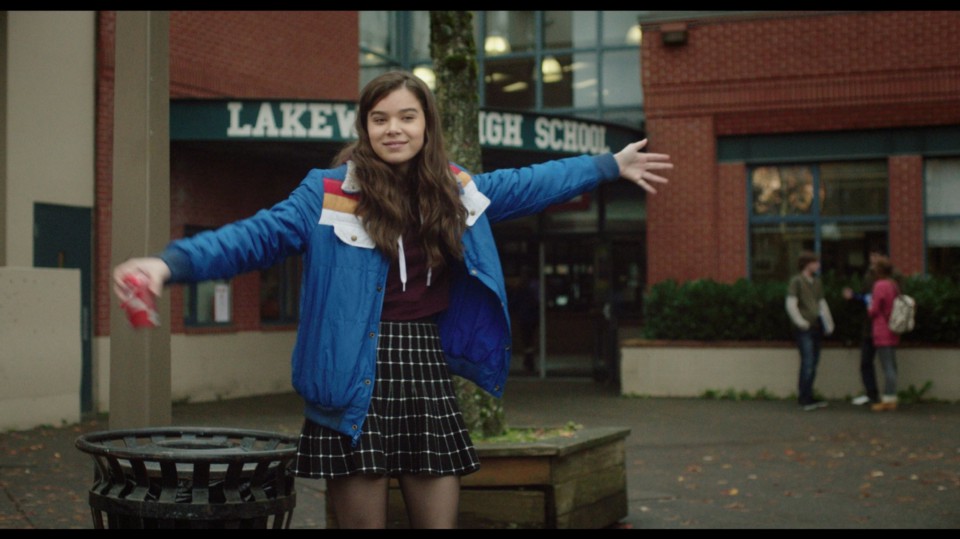
The Edge of Seventeen, directed by Kelly Fremon Craig
It’s hard to resist making a comparison between Hailee Steinfeld and Jennifer Lawrence, so I won’t. Steinfeld, who you might remember as the no-nonsense teenage girl in the Coen brothers’ True Grit several years back, was as captivating on the screen then as Lawrence was in her similarly dark debut, Winter’s Bone. Now, years later, Steinfeld has the role that should open up all of the doors for her.
As a 17-year-old high school junior who is making that tough transition into adulthood four years after the unexpected death of her father, Steinfeld captivates in a way few others can. Like Lawrence at the center of a star-studded X-Men franchise flick, Steinfeld stands out in a film with strong performances by Woody Harrelson as a burned-out history teacher with a sarcastic wit that all high school students gravitate to, Kyra Sedgwick as the absent-minded mother who needs a bit of parenting of her own, and several others. Like Lawrence in Joy, where she plays the real-life QVC icon who overcame poverty and difficult relationships with her family members to make millions with products like padded clothes hangers and self-rinsing mops, Steinfeld, in The Edge of Seventeen, has the audience rooting for her from the very beginning.
She’s at times difficult, even impossible, stealing the family car and running away from home, declaring her one true friendship over when her older brother gets involved, and skipping class after sending an R-rated Facebook message to the PetLand stockboy. But these are emotions and actions, small and silly as they are, that we can all recognize from our own childhood. We’ve been there. Despite the familiarity with the scenes and feelings, though, The Edge of Seventeen feels unique. There are plenty of movies about teenagers and the difficulties of moving from one phase of life to the next, but this one gets it right. Like Lawrence, you can expect great things from Steinfeld. But the comparisons probably end there, because the projects she chooses are sure to be all her own.
Runners-Up: Sing Street, Hell or High Water, Midnight Special, Rogue One: A Star Wars Story, Hacksaw Ridge, Arrival, Sully, Everybody Wants Some!!, Bleed for This, Don’t Breathe — Nicholas Jackson, editor-in-chief





